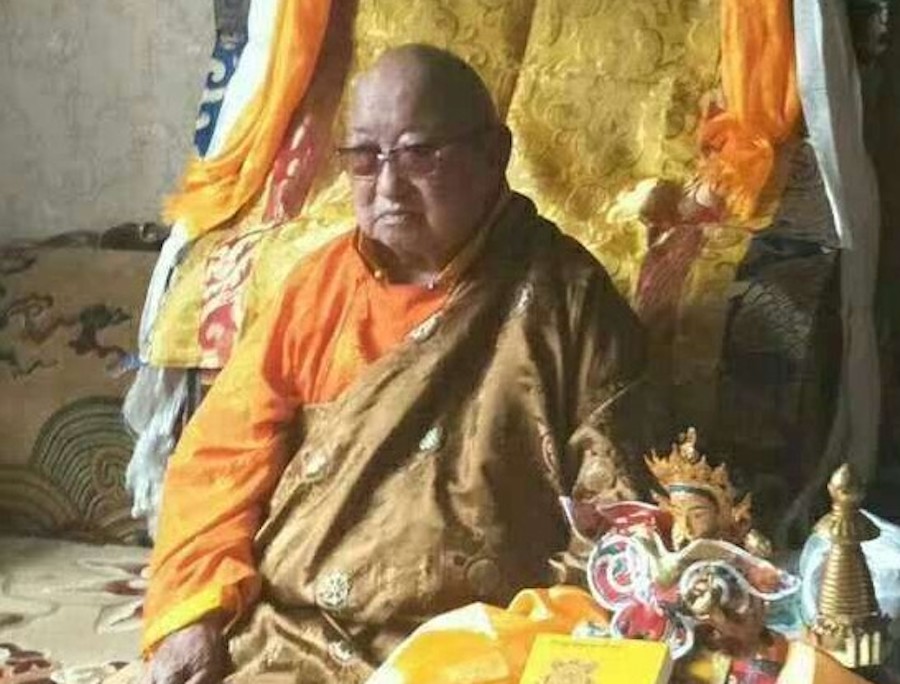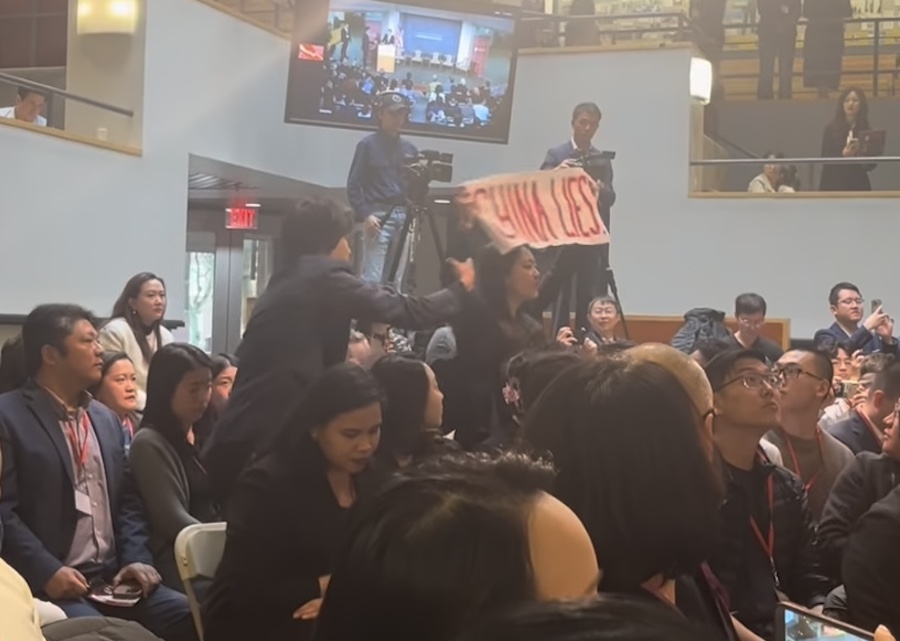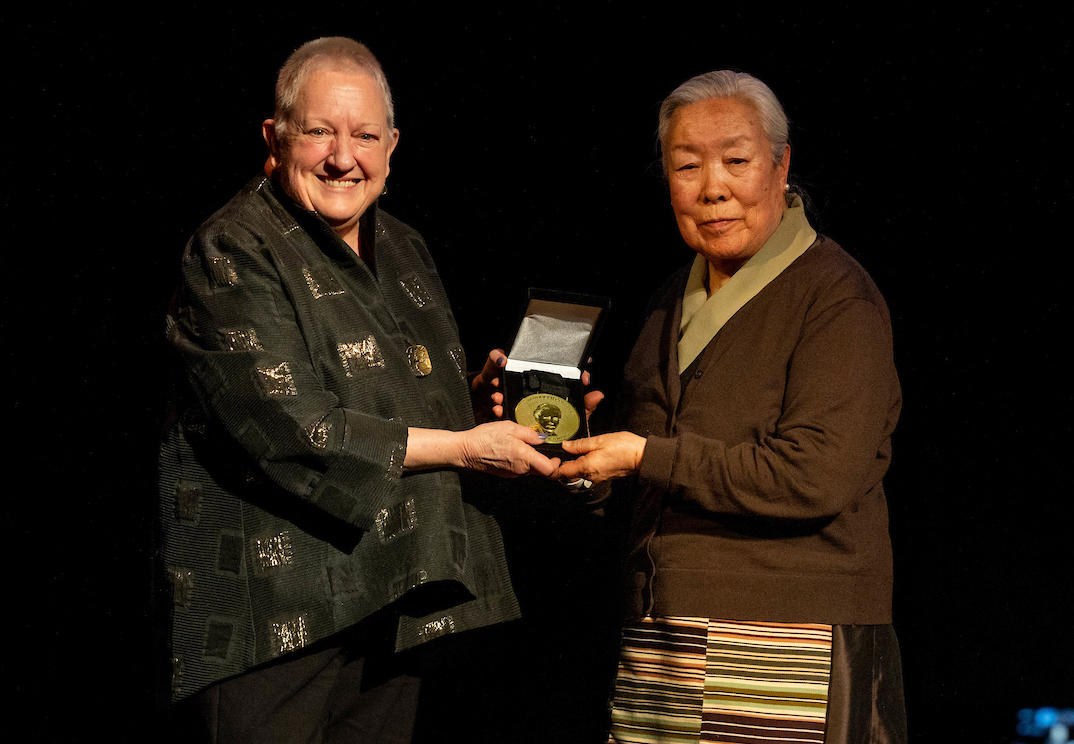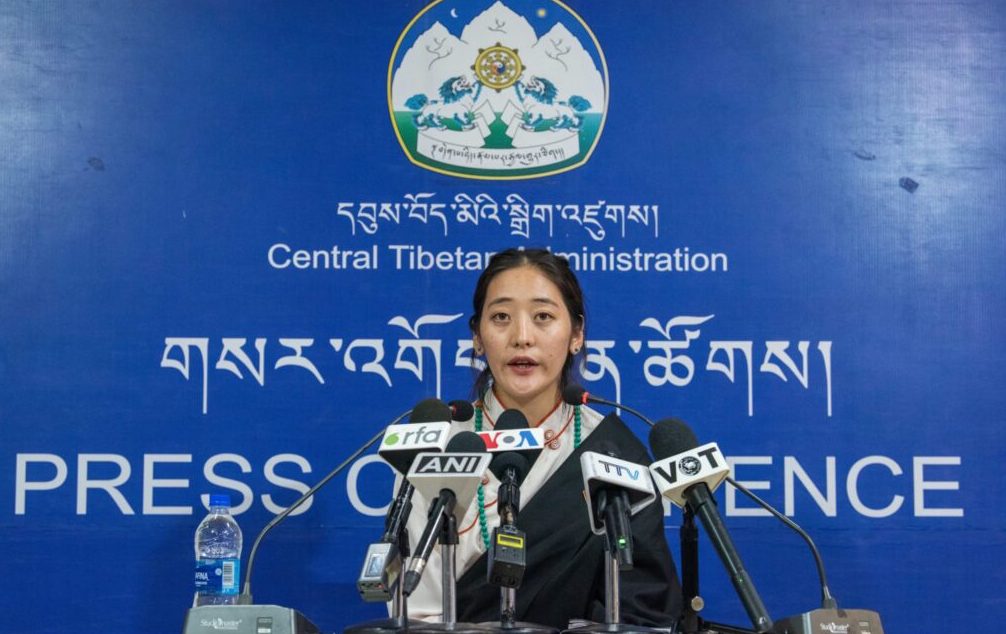By Choekyi Lhamo
DHARAMSHALA, April 7: The recent news of the death of Tulku Dawa, 86, in Lhasa proved that China continues to hamper the flow of information, between Tibet and the outer world, Human Rights Watch said Wednesday. The report by the leading human rights organization noted that the oppressive government has attempted to keep the news of the revered religious figure’s death on January 30 a secret.
The religious leader’s political past was one of the factors of deep surveillance by Chinese officials who told his devotees to scrap any mention of his death from social media, and were forbidden to take photos of the body. Only devotees from Lhasa were permitted to pay their respects with severe restrictions, including monks who were body-searched thoroughly at the funeral.
The revered lama was arrested at his monastery Shag Rongbo, in May 2010 in Nagchu municipality where officials accused him of seeking guidance from the foremost spiritual leader Dalai Lama in selecting the reincarnation of the Rongpo Choje, who was the chief lama at monastery. Moreover, one monk allegedly committed suicide due to the political re-education campaign imposed at the monastery. Tulku Dawa was then reportedly sentenced to 7-years in prison as a result. He was made to serve his sentence under effective house arrest in Lhasa due to age and poor health, but remained confined there till the end of his sentence.
The environment at Shag Rongbo monastery was tense in July 2013 when residents had an altercation with officials who oversaw the re-education classes. About 50 people were arrested, and many fled, leading to the closure of the monastery by the authorities for sometime. It was reopened weeks later when regional leaders oversaw the enthronement of Chinese-appointed Rongpo Choje’s reincarnation.
“With their handling of Tulku Dawa’s funeral and of the Rongpo Chöje’s reincarnation, Chinese authorities have seen fit to use force, intimidation, and intrusive supervision to remove the Dalai Lama’s influence over Tibetan Buddhism and enforce the state’s absolute control over religion,” the report concluded.










